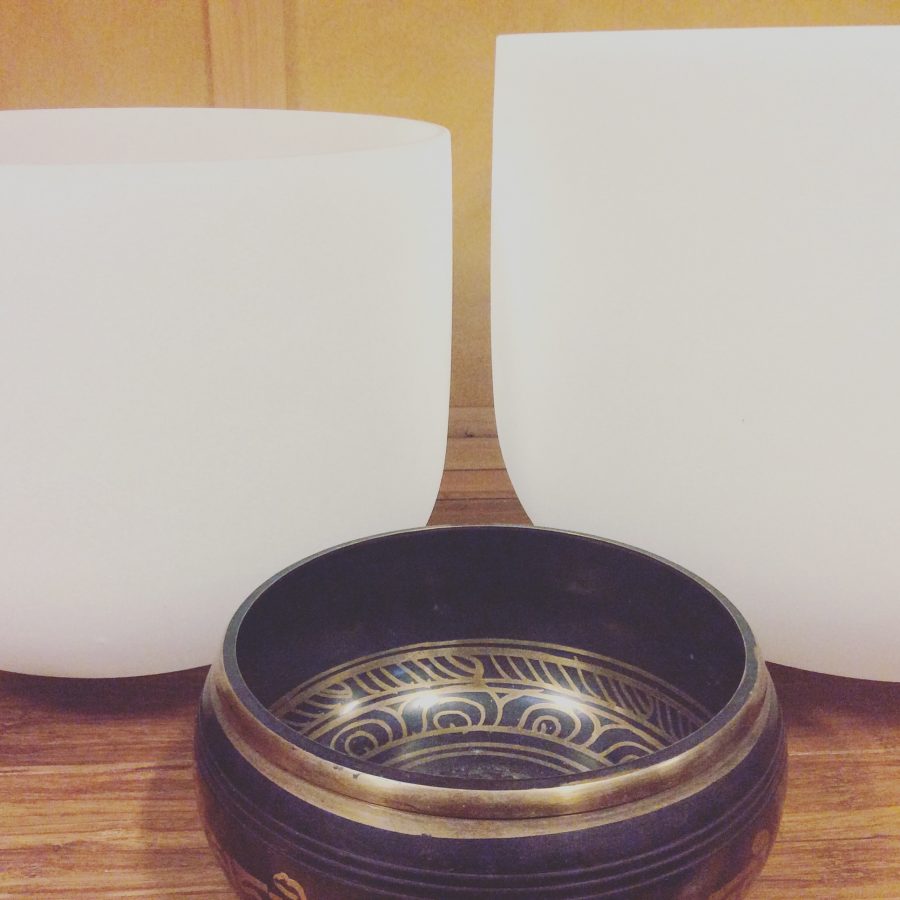SOU’WESTER EVENTS!
Discover what’s happening during your next stay or plan a visit around our free live music, workshops, wellness offerings and more!




Photo by Anthony SU
Traveling, creating, and sharing original live music are a few essential ingredients for the enrichment of humanity. Norman Baker plays homage to this fact by introducing new and old songs to as many communities as possible. His new album utilizes undertones of pedal steel,mandolin, banjo, upright bass, clarinet, and of course an onslaught of acoustic and electric guitars telling stories of loss, loss prevention, camping, driving without cell phones, childlike innocence, home towns, and walking till your shoes wear through. When not traveling and playing with his full band, Norman Baker & The Backroads, he’s traveling and playing solo acoustic in far off amazing places such as The Sou’Wester, where he’s been visiting with his family since he was a child.

Lisa Prank (one woman punk pop queen Robin Edwards) is currently touring her 2016 LP “Adult Teen” on Father/Daughter Records .

The Young Pioneers is a punk rock, pop band formed in Olympia Washington in the fall of 1982 by  Chris Pugh, Scott Vanderpool,Chris Gloekler and Bradley Sweek, with Brian Learned replacing Mr. Gloekler in January 1983. They played extensively in the Northwest from 1982 until 1987 writing and arranging all their own material. They have remained fast friends for all these years as they pursued music projects with other bands. Scott, Chris, & Bry continued to play extensively while Brad dropped out of music entirely in the early nineties. In 2012 they start playing again with Colm Meek on synth and Nathan Paul on bass.
Chris Pugh, Scott Vanderpool,Chris Gloekler and Bradley Sweek, with Brian Learned replacing Mr. Gloekler in January 1983. They played extensively in the Northwest from 1982 until 1987 writing and arranging all their own material. They have remained fast friends for all these years as they pursued music projects with other bands. Scott, Chris, & Bry continued to play extensively while Brad dropped out of music entirely in the early nineties. In 2012 they start playing again with Colm Meek on synth and Nathan Paul on bass.
Plus Panduhs.

All Girl – All Merle Tribute Band


WEEKLY EVENT

A unique ambient sound experience, blending tiny ambient concert and harmonic healing in which participants are enveloped in the vibrational drones of various traditional healing instruments.
COST: Suggested donation $5-10. No one will be turned away for lack of funds.
RSVP: souwesterwellness@gmail.com
WHERE: Wellness Trailer
Space limited to 8 people
If it’s retro, no one has found the time period. If it’s folk music, no one has found the country of origin. Three For Silver runs off the friction of opposing forces: thunderous bass and dreamy melody, baritone growl and smooth soprano, new music and timeworn style.
The band has hit the road non-stop since their formation in 2013, playing over 200 shows a year, and have gained an international following with their unmistakable sound.
WEEKLY EVENT

A unique ambient sound experience, blending tiny ambient concert and harmonic healing in which participants are enveloped in the vibrational drones of various traditional healing instruments.
COST: Suggested donation $5-10. No one will be turned away for lack of funds.
RSVP: souwesterwellness@gmail.com
WHERE: Wellness Trailer
Space limited to 8 people

Martha Grover’s Messy Lives
The End of My Career Author Is the Voice of Portland Right Now

AS SOON AS Martha Grover opened her new book, The End of My Career, with a story about cleaning, I knew we were on the same page. People make fun of me for liking David Sedaris, but at least he understands how to clean a hardwood floor. Grover does too, as a seasoned custodian. “Cleaning Jack’s House” breaks open an observational mystery about the home of a “total bachelor slob.” She finds the “truly messy” home breathtaking: “A thing of wonder,” she writes fondly, “you so rarely see it. Messy people don’t host dinner parties.”
The first short story in a collection is always a clue about what’s coming next. In this case, Grover sets herself up as the non-judgmental observer of a client who, she gradually begins to discover, is not messy out of laziness but an illness from which he is recovering. This echoes Grover’s own situation—she has idiopathic Cushing’s disease.

Grover’s collection, available now from Portland’s Perfect Day Publishing, continues with “The Truth About Pheromones,” bringing the book’s situation more sharply into perspective. We’re dropped into her dating life as she hooks up repeatedly with someone she isn’t attracted to—all the while wondering why she’s doing it. Grover is suddenly no longer the benevolent observer. Here is her own laundry: some of it dirty, some of it utilitarian, all of it very necessary and human. We are the custodians now, and Grover seems to ask us to regard her with the same impartiality she showed her first chapter’s slob.
Grover’s dating trials will resonate with many. Some are dark. At the end of “The Five Stages,” Grover casually mentions her IUD to her date to explain why she doesn’t have a period. “He looked like he wanted me to stop explaining,” she writes. “As if he didn’t want to be reminded that I had a body.” These short sentences were shocking for their succinct honesty and apt description. I think we’ve all been on the receiving end of that sentiment, naked or otherwise.
I want to graph the passage where a “dating expert” tells Grover about “the three signs that a man is in love […], the four signs that a man only wants sex, the 10 lies that men tell, the seven ways that I can make a man adore me, love me, commit to me, the three signs that he is not ready for a relationship, the three signs that I am not ready for a relationship.”

I’m surprised Grover—who frequently brings up drawing and whose illustrations appear throughout End of My Career—hasn’t illustrated it.
Many of the book’s chapters have appeared in Grover’s ongoing zine Somnambulist, which just recently celebrated its 27th issue in July at the 2016 Portland Zine Symposium. In 2011, eight years’ worth of Somnambulist were collected in Grover’s first book, One More for the People, also released by Perfect Day, which described the everyday grimness of her illness. “In medicine, when they can’t come up with a cause for a disease, they call it idiopathic,” she notes. But in The End of My Career, Grover is recovering, or is perhaps as recovered as she can be for now. She tests out her newly regained strength, trying to take on jobs and wondering if she can ever move out of her parents’ home again.
I don’t have much in common with Grover, but her easy prose makes me feel as if I do. In my mind, she’s exactly where every Portlander is right now. She is coping with an illness. She has strained but important relationships with her family. She tries out different jobs, willing to be versatile, to try everything, to survive. She works as a private investigator and later as a real estate agent. It’s somewhat humbling that—despite growing up in Corbett and the Montavilla neighborhood—Grover still views herself as an interloper. Martha Grover isn’t an outsider. Or maybe she is—but only in the way that in Portland, we all are.
